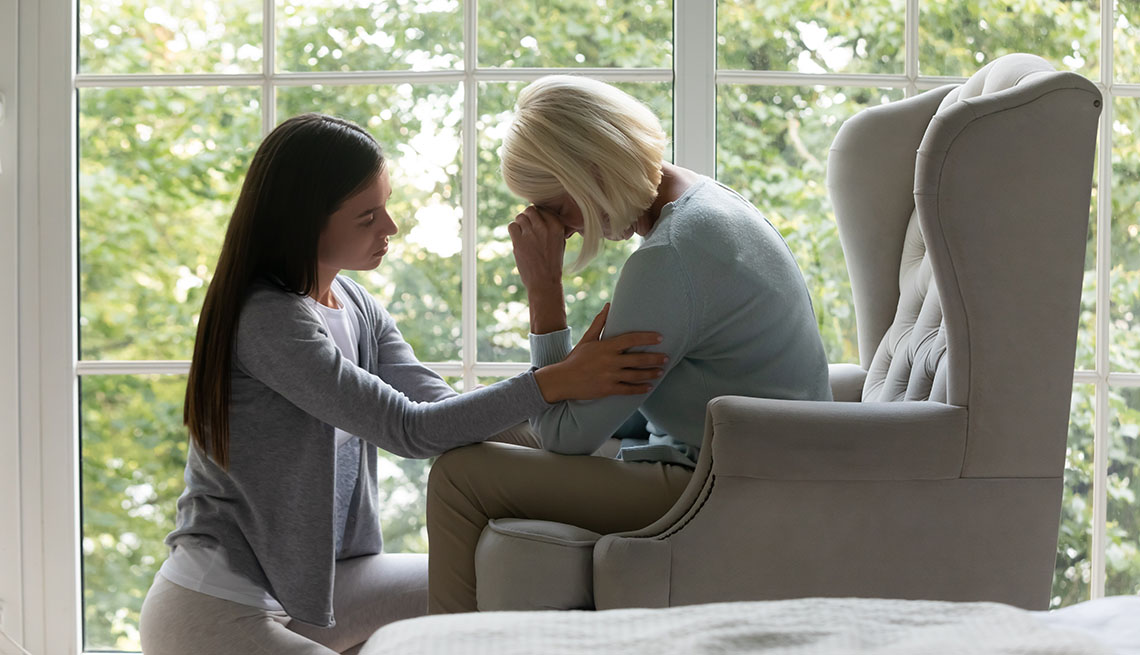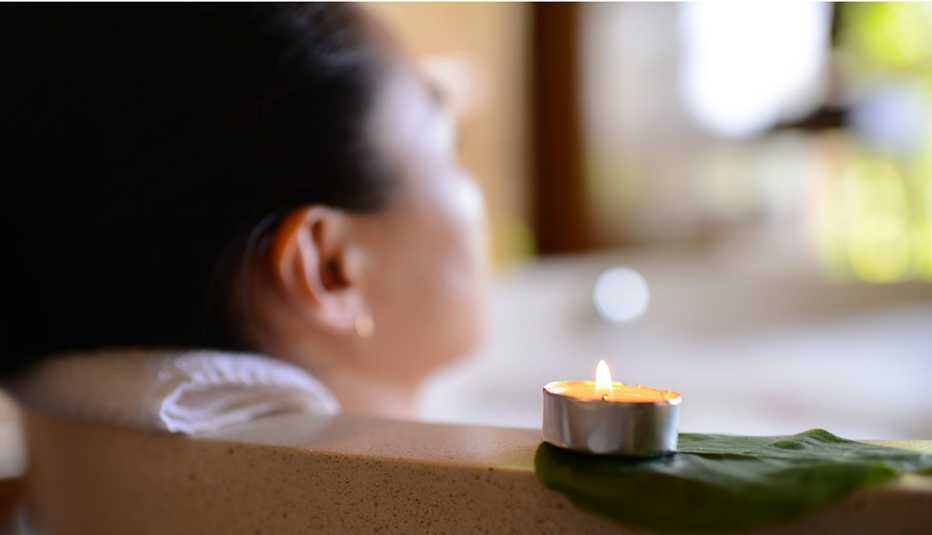AARP Hearing Center
The death of a loved one, the breakup of a marriage or a number of other sudden shocks can lead to a broken heart on an emotional level, a deep feeling of sadness and loneliness. These sudden shocks can also have a physical impact on the heart, causing a temporary cardiac episode or, in rare cases, even death.
Broken heart syndrome, clinically known as stress-induced cardiomyopathy or takotsubo cardiomyopathy, can occur in anyone, including healthy individuals. This intense chest pain, which happens more often to middle-aged and older women, is brought on by an increase in stress hormones triggered by a traumatic event.
Death, divorce, infidelity or even physical ailments can trigger broken heart syndrome. It can even be brought on when something good, albeit surprising, happens in your life, such as winning the lottery. Recognition of broken heart syndrome dates to 1990, when doctors in Japan encountered people who seemed to be experiencing heart attack symptoms but had no signs of an actual heart attack.
“This is a unique syndrome in the sense that some type of emotional stressor that happens suddenly can literally precipitate a sudden weakening of the heart muscle,” says cardiologist Ilan Shor Wittstein, director of the Advanced Heart Failure Fellowship and assistant professor of medicine at John Hopkins. “It’s fairly uncommon for us to see a cause and effect like this so readily, but with this syndrome this is exactly what happens.”
Medical vs. emotional triggers
About 60 percent of the cases of broken heart syndrome are brought on by a stroke, pneumonia or some other major medical illness. The remaining 40 percent are due to an emotional trigger. Wittstein treated one case caused by a surprise party: The woman was so shocked she ended up in the ER a few hours later with a cardiac event.
“If people have an emotional trigger such as grief or fear, they tend to do quite well” in terms of recovering, Wittstein says. “People who develop broken heart syndrome due to a big stroke or some other major medical illness, prognoses aren’t as good as people who have an emotional trigger.”
Wittstein says that when an event is triggered by emotions, the heart’s squeezing ability is back to normal within two to three weeks, on average.
Broken heart syndrome can affect anyone, but researchers from the Smidt Heart Institute found middle-aged and older women are diagnosed with the phenomenon at a rate that is as much as 10 times higher than younger women or men of any age. The researchers also found broken heart syndrome can result in long-term heart injury and heart function impairments.
COVID-19 has increased the incidence of broken heart syndrome, according to the institute, as more women have faced challenges and stressors due to pandemic deaths, lockdowns and restrictions. But even before the pandemic, the number of cases had been steadily rising.





































































